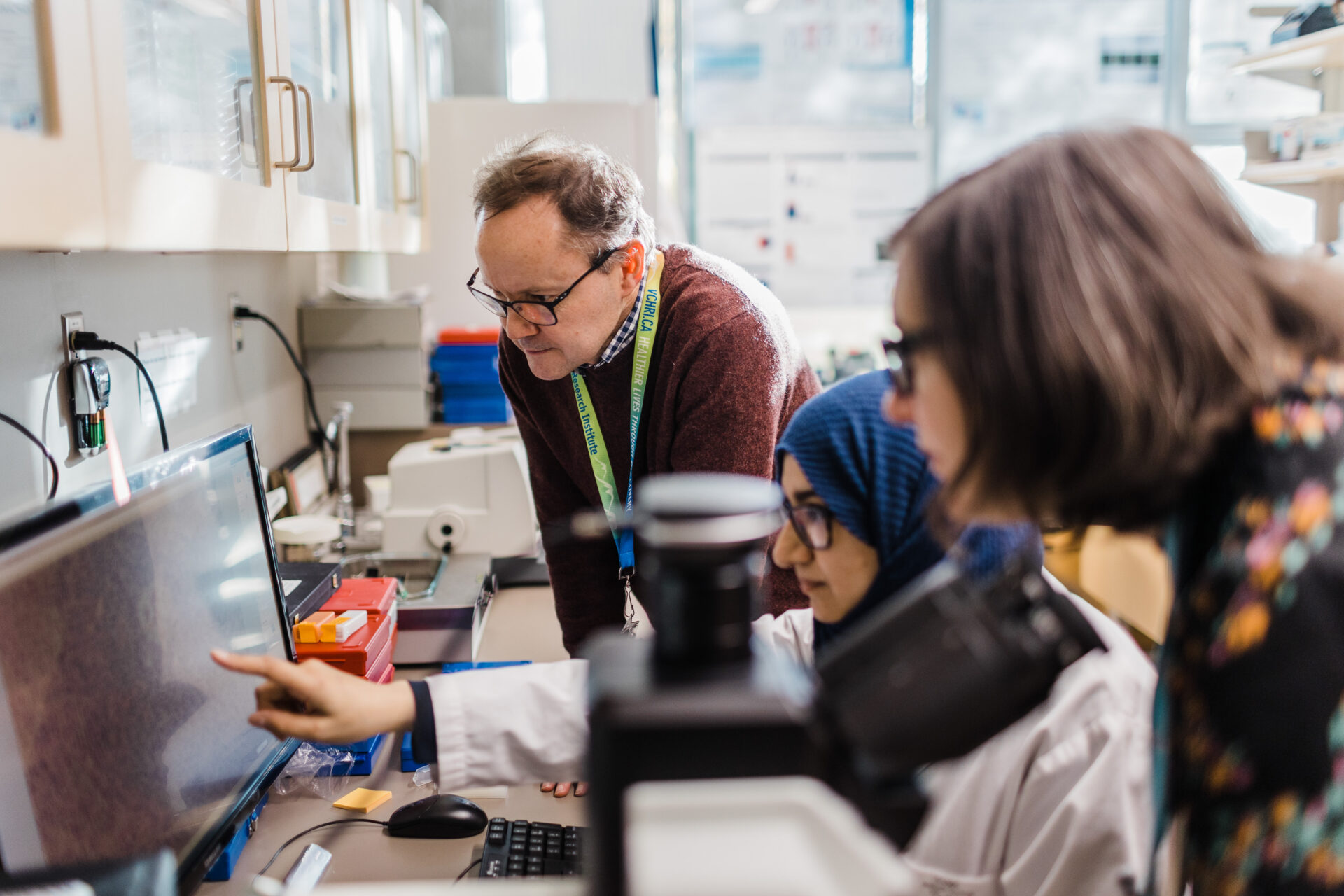From March 9-12, 2013 top women’s cancer doctors from all over the world met in Los Angeles for the Society of Gynecologic Oncology‘s Annual Meeting on Women’s Cancer. Lots of exciting research was presented at the meeting, representing the latest in the care and treatment of women with ovarian and other gynecologic cancers. Highlights from research presented at the meeting include:
- Patients with advanced ovarian cancer who underwent intraperitoneal (IP) chemotherapy were 17% more likely to live longer than patients who received standard IV chemotherapy. Read more.
- Only 37% of ovarian cancer patients receive optimal surgery and chemotherapy, as defined by the treatment guidelines issued by the National Comprehensive Cancer Network (NCCN). Read more.
- As many as 30% of ovarian cancer patients may show signs of cognitive decline months after receiving chemotherapy. Read more.
- Women with advanced ovarian cancer have significantly worse survival when they started chemotherapy more than 25 days after surgery. Read more.
- Asians with various stages of ovarian cancer have improved outcomes versus white patients. Read more.
- The combination of irinotecan and bevacizumab is tolerable and leads to a reasonable progression-free survival rate in women with recurrent ovarian cancer. Read more.
- Patients with advanced ovarian cancer had significantly better survival if they took beta-blockers. Read more.
- Ovarian cancer patients who reported high levels of spirituality presurgery had better outcomes for stress and depression, as well as factors known to regulate tumor angiogenesis and inflammation. Read more.
- Early consultation for palliative care was associated with less aggressive care for patients with gynecologic cancers, as well as with lower overall and daily inpatient costs. Read more.


